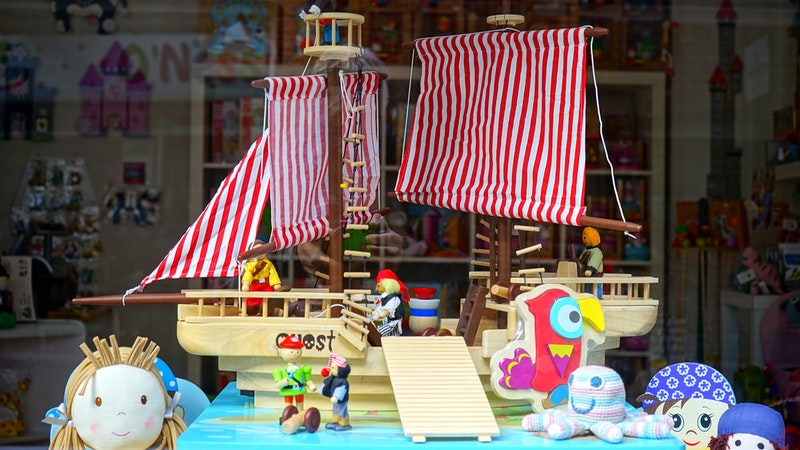Understanding Play Therapy
If I have recommended that we start with play therapy, or you have been told that play therapy is the next best thing for your kid, then this may be helpful for you to read. Sometimes parents forget they have a choice in what happens next with therapy, and sometimes therapists can believe so strongly in what they believe is best for your kid, that you forget you have a choice! You do have a choice. It’s your right to be well informed. And ultimately, YOU are your child’s best expert in knowing what will be most helpful for him or her.

What is important to me in non-directive play therapy is that during this process, your child and I develop a trusting relationship. In non-directive play therapy, I accept that your child will choose the direction that sessions will go in. I will reflect (e.g. “so you said the turtle wants to stay safe on the rock”) rather than interpret (e.g. “do you think the turtle is scared?”), and I will be non-intrusive (e.g. “why must the turtle be safe? Why can’t he be safe over here. Let’s put him there instead.”). And I will always respect your child’s defense mechanisms and mental defenses. Meaning I won’t keep asking hard questions to help your child understand something if your child is clearly not wanting to “go there”. I will always set appropriate, therapeutic boundaries to our relationship. Boundaries is the way your child learns what is okay and what is not okay.
What You Need to Know About Play Therapy
To quote Axline, who was one of the first to pioneer the use of play therapy:
1. The therapist must develop a warm friendly relationship with the child, in which good rapport is established as soon as possible.
2. The therapist accepts the child exactly as he or she is.
3. The therapist establishes a feeling of permissiveness in the relationship so that the child feels free to express feelings completely.
4. The therapist is alert to recognize the feelings the child is expressing and reflects those feelings back in such a manner that the child gains insight into his or her behavior.
5. The therapist maintains a deep respect for the child’s ability to solve problems if given the opportunity. The responsibility to make choices and institute change is the child’s.
6. The therapist does not attempt to direct the child’s actions or conversation in any manner. The child leads the way, the therapist follows.
7. The therapist does not attempt to hurry the therapy along. It is a gradual process, as recognized as such by the therapist.
8. The therapist establishes only those limitations necessary to anchor the therapy to the world of reality and to make the child aware of his or her responsibility in the relationship.
No Fault, No Guilt. No Blame, No Shame.
All of this is to say that my role is to develop a close and trusting relationship with your child. And to reflect and respond to their thoughts, feelings and activities in a way that encourages the resolution of children’s emotional difficulties at their own pace and through the means that they have chosen. If they want to play with lego, climb on the wall and then catch snails – that is exactly what we will do! The wonderful thing about children is that their defenses are not quite as sophisticated as an adult’s defense mechanisms (…yet!). They haven’t learned how to perfect denial, or act out projection of their own feelings. They act out their misunderstandings or their confusing “stuff” using toys and making the tiger “be angry” instead of themselves. They do this because it’s easier to talk about the tiger’s anger than their own. No fault, no guilt. No blame, no shame.
The Pathway To Self-Determination and More
My job is to create clear and consistent boundaries for our time together during play. And be responsible for your child’s physical and emotional safety. The more trust and safety your child feels, the more helpful these sessions will be. The outcomes of play therapy are massive and I’m a strong believer in this mode of therapy. The research is clear and the changes that I have witnessed because of play therapy are just magic! The relationship encourages self-exploration and a greater self-confidence within your child. This is often one of the only times your child gets to be in full control. No requests to change their behavior or hurry up and transition to the next thing. Through this, they learn they can be self-determined and brave. They learn they can take up space in the world and be confident in doing so. If you have any questions about play therapy, like what can you do as a parent or you want to understand more – please get in contact with me.
If you enjoyed this article, you may want to read this story on How to Help Your Shy Child Make Friends.

